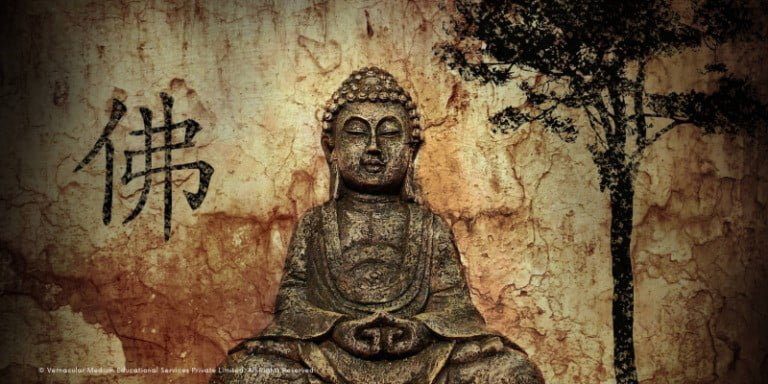Buddhism is one of the four major religions in the world, with over 500 million followers. The religion was founded in Nepal around 500 BC and spread to Tibet, China, and Japan in AD300. Buddhism in India is now one of the most prominent religions, with approximately 8 million. There are 3600 Buddhist temples across India today.
This blog post will explore Buddhism’s influence on Indian culture throughout its 2500-year history in India. It will look at why this faith continues to be so popular and what makes it so appealing to Indians at all levels of society, from rural farming communities to business leaders in metropolitan cities such as Mumbai and Delhi.
Buddhism is often called a religion without God. Because it does not involve a creator deity or other deities associated with creative, destructive, or compassionate aspects of nature. Within this faith, followers worship Gautama Buddha as their teacher and master. Gautama Buddha was born in Nepal around 2400 years ago. Buddhism has an ancient history in India.
History of Buddhism in India:
Shakyamuni Buddha, born a prince and one of the most influential religious and philosophical leaders in human history, founded Buddhism in Nepal in the 6th century BC. The extensive ethnic diversity and vast geographical expanse of India make it a suitable country for the practice and spread of Buddhism. Buddha taught that there is no single path to enlightenment and that various practices are appropriate for people from different social classes, occupations, and intellectual backgrounds. The openness of Buddhism, allowing for individual interpretation and adaptation, made it highly appealing in India. People found Buddhism to be a religion that embraced personal understanding and flexibility.
Why Buddhism has great appeal to the common man in India?
The merchant class actively championed Buddhism in its initial stages, as they found many appealing aspects within the religion.:
- A belief in karma (the law of cause and effect) which implied just rewards for hard work.
- A practical idea of personal ethics.
- A monastic lifestyle provided them with a refuge from the harsh realities of daily existence.

Buddhism appealed to India’s ethnic diversity:
By the 1st century AD, India was home to many distinct cultures and languages, with Buddhism as part of a tapestry of beliefs, including Hinduism and Jainism, that were already present. The Buddha’s teaching provided a way for ethnic groups to reconcile the differences between their cultures. Buddhism appealed to India’s elites too.
This was achieved by stressing the need for moral perfection and spiritual progress. This was particularly appealing to kings and members of the Brahmin caste; they valued hygiene and cleanliness among their subjects but also saw merit in fasting, meditation, and other ascetic practices associated with Buddhism that would allow them to achieve supernatural powers in their afterlife.
Are certain celebrations associated with Buddhism, such as ‘Ganga Aarti’?
Many religious festivals in India have great significance for various communities. The most important among them are:
Rath Yatra – a celebration of Lord Jagannath, the temple’s principal deity at Puri, Orissa.
Hindus celebrate Holi.
Hindus observe Diwali.
Sankranti – is a spring festival held at various places across India.

What makes Buddhism appealing to the spiritual seeker, and what is its appeal?
Buddhism, frequently recognized as a religion devoid of a deity, offers a unique spiritual perspective.. Because it does not involve a creator deity or other deities associated with creative, destructive, or compassionate aspects of nature. Within this faith, followers worship Gautama Buddha as their teacher and master; he was born in Nepal around 2400 years ago. The core of this faith is to realize the truth, live a moral life and achieve nirvana (final release from the cycle of birth, wealth and death). Buddhism in India appeals to people because it offers spiritual solace through meditation, a search for meaning, and a sense of inner peace.
**********
Disclaimer: Views expressed are the author’s own.




